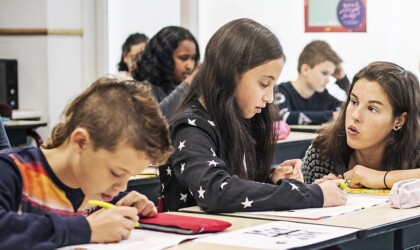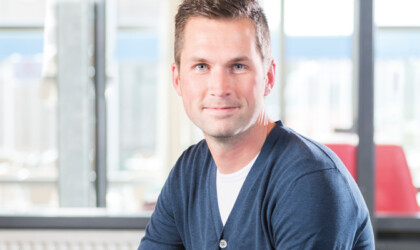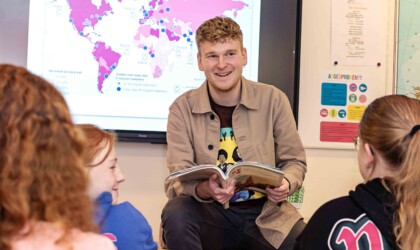Brain diversity (or neurodiversity) refers to the fact that brains can develop in different ways, both neurologically, cognitively, and psychologically. When people have an "average," "normal," or "typical" brain development, this is called "neurotypical." If this development deviates from that average, it is referred to as "neurodivergent." Neurodivergence generally includes autism, dyslexia, dyscalculia, ADHD, giftedness, and high sensitivity.
However, brain diversity rejects the term "disorder" and views, for example, ADHD as a human variation of nature. This perspective leads to a more positive attitude toward the (individual) way of thinking, both within society and in the personal environment of a neurodivergent person, as well as for the individual themselves. This shift can make someone more likely to succeed in their academic journey.
In schools, there is additional support for neurodivergent individuals who need it (tailored education), but there are still opportunities to improve how this support is offered. In the coming years, there will be more focus on creating an inclusive learning environment in Dutch higher education. This involves two key aspects: safety and competence—does every student, regardless of their background or challenges, feel safe in the university or college, and does the learning environment allow them to thrive? Schools are moving away from the paradigm of the medical model, which focuses on the question "what is wrong with this student?" and embracing the social model, which centers on the question "what does this student need?"
Inclusion in Higher Education
Within the Brain Diversity project at HZ University of Applied Sciences, inclusion in higher education is being studied. The first study involved interviews that provided insight into the experiences and beliefs of university lecturers, students, and academic counselors in dealing with student differences. From this perspective, reflections can be made, and expectations can be set regarding the opportunities and barriers for inclusion. The research also explored the needs of university lecturers, students, and academic counselors in three key areas: 1) early detection of support needs for learning and behavioral problems and talents; 2) teaching differentiation in the classroom; 3) academic counseling in a differentiated curriculum. This input is essential for identifying problems and designing solutions.
The research has initially produced several recommendations, including the need to focus on enhancing teachers' skill sets in dealing with differences and, more specifically, in proactive differentiation. A poster with findings and recommendations was developed and presented at the UHasselt Higher Education with Impact conference (2023).
Additionally, this project has led to the creation of the Education - Research Workshop on Giftedness: a community of stakeholders from primary, secondary, vocational, and higher education who together conduct research and learn about inclusive education.








